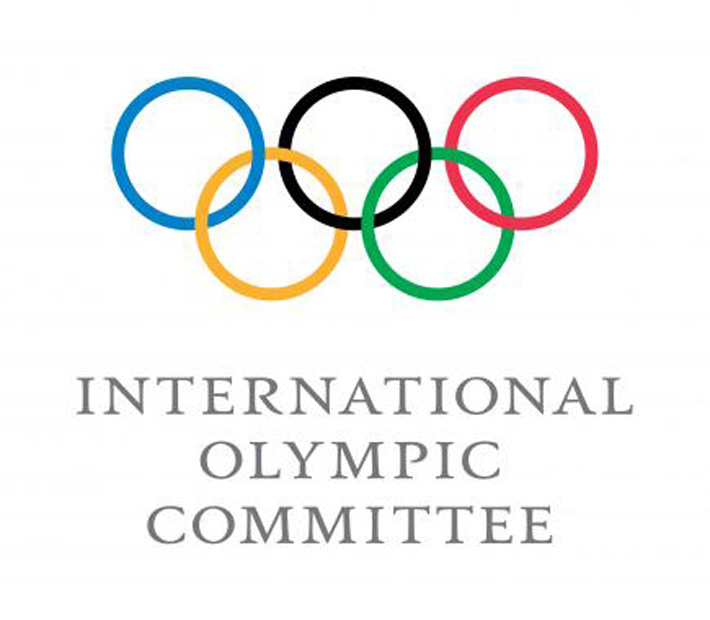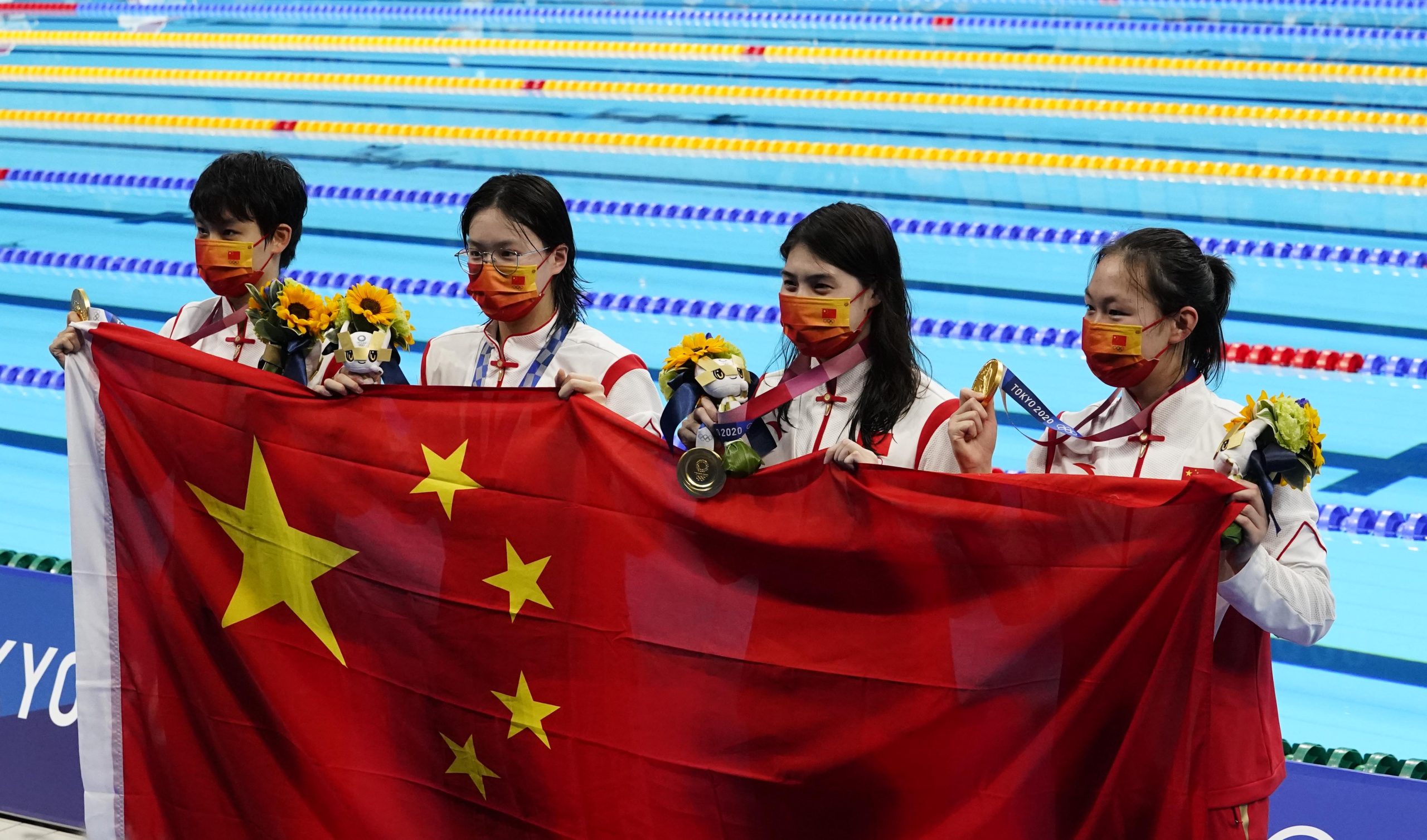The International Olympic Committee looked long and hard at a potential blanket ban of all Russian athletes from the 2016 Rio Olympics following a wide spread doping scandal. However, the IOC decided against the blanket ban on Sunday.
Instead of a blanket ban, the IOC is deferring to the individual sports governing bodies decision on Russian athletes and their ability to compete at the games.
By deciding on not banning the entire Russian Olympic team, the IOC went against the recommendations of the World Anti-Doping Agency and a group of 14 of the most powerful national anti-doping organizations in the world.
In deciding against the widespread ban, the IOC noted that the attention given to Russian athletes will be far greater than anyone else and those athletes that test clean don’t deserve to be tainted by those who aren’t clean.
“This is about doing justice to clean athletes all over the world,” IOC President Thomas Bach said. “In this way, we protect these clean athletes because of the high criteria we set to for all the Russian athletes. This may not please everybody on either side. … The result today is one which is respecting the rules of justice and which is respecting the right of all the clean athletes all over the world.”
Part of the increased scrutiny comes with the presumption that all Russian athletes are part of a corrupt system set up to subvert doping tests and manipulate results. The IOC went as far as to say Russian athletes don’t enter the games with a presumption of innocence.
With that in mind, they have set up some pretty high criteria for any Russian athlete hoping to compete at the Olympic games in Rio.
All competitors from Russia have to meet the following criteria according to the USA Today report:
- Athletes must provide evidence to full satisfaction of their IF, which should consider reliable international tests and the specifics of the sport and rules
- IFs seek from WADA the names and national federations implicated in the McLaren report and that nobody implicated in it be accepted to the Games
- The ROC may not enter any athletes who has ever been sanctioned for doping
Meeting those conditions alone won’t be enough though, as it also must stand up to the scrutiny of a Court of Arbitration for Sport (CAS) expert.
One group that won’t be allowed to compete for Russia is the track and field team, as its federation has enacted a full ban of all competitors from that country and had it upheld by the CAS last week.
This was all brought on by two huge media stories that revealed a wide spread doping techniques and subversion of tests inside all aspects of the Russian sports world. In total, over 600 positive tests were covered up ahead of the Sochi Olympics in 2014 alone.
Yuliya Stepanova, who is married to an employee of the Russian Anti-Doping Agency, is one of just two athletes with ties to Russia who were eligible to compete in track and field. However, the IOC decided against allowing them to compete under no flag and instead have invited Yuliya Stepanova and her husband to be guests of the IOC for the games as part of the group that blew the lid off Russia’s doping scandal.
The IOC noted that Stepanova only blew the whistle after she wasn’t going to be protected by the Russian system any longer in upholding the ban on her competing.
While the IOC may have upped the scrutiny on Russian athletes, many will see the move made by the committee as simply passing the buck down to the sport federations. It certainly didn’t take a very strong stance against doping in its decision on Sunday.







